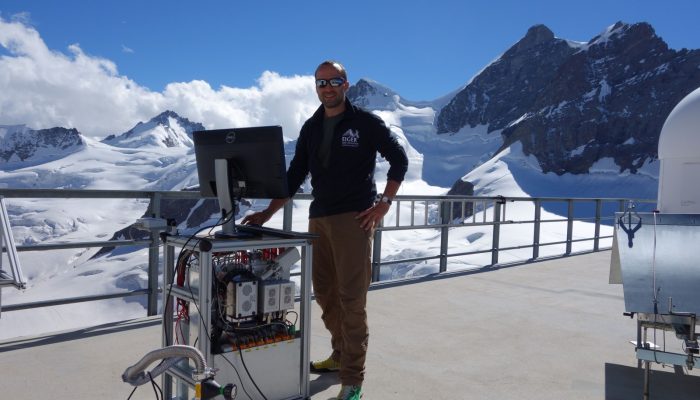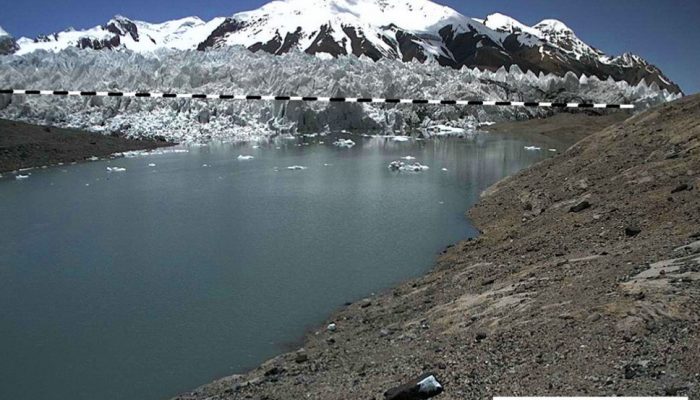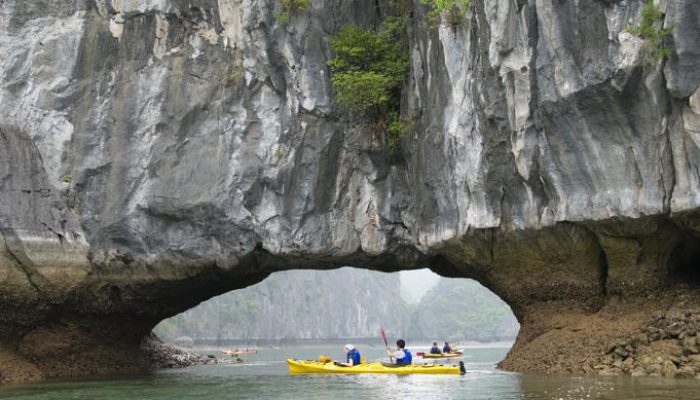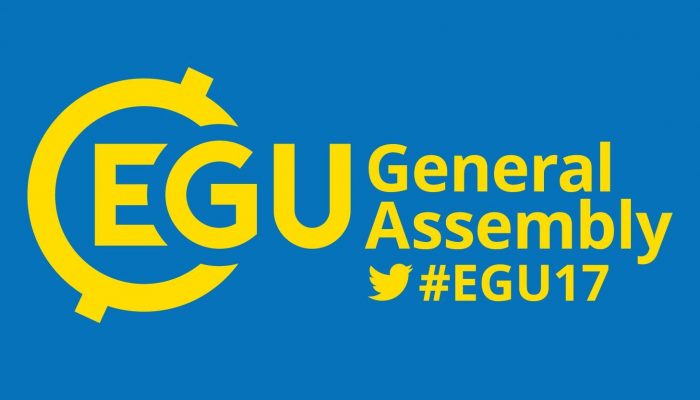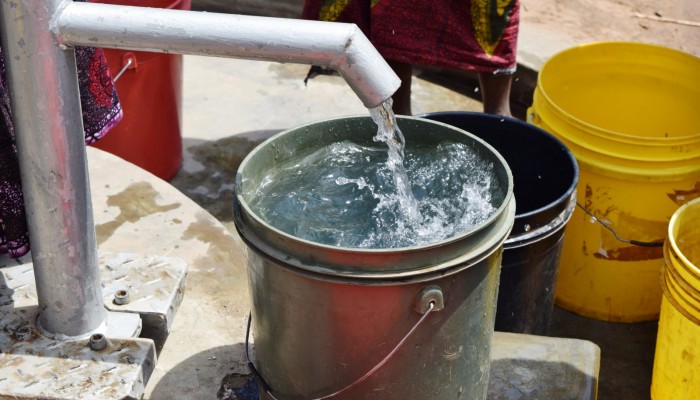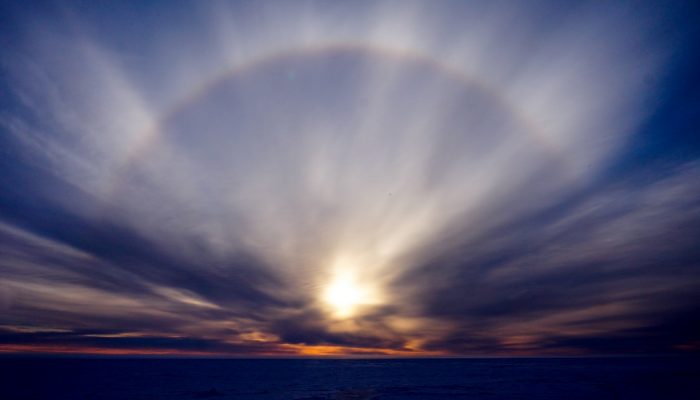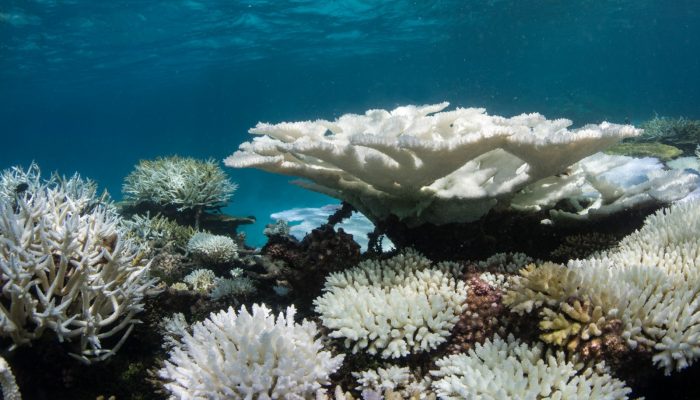Geotalk is a regular feature highlighting early career researchers and their work. In this interview we speak to Federico Bianchi, a researcher based at University of Helsinki, working on understanding how clouds are born. Federico’s quest to find out has taken him from laboratory experiments at CERN, through to the high peaks of the Alps and to the clean air of the Himalayan mountains. His innova ...[Read More]
GeoLog
EGU 2017: Getting to Vienna, getting to sleep and getting to know the city
With the conference only a few weeks away here is a brief, and by no means comprehensive, introduction of how to get to Vienna and what to do when you’re there! Getting here Vienna’s International Airport is served by many of the major European airlines. If you would like to consider overland you’ll find more information on the General Assembly website. And, if you haven’t seen it already, make su ...[Read More]
GeoLog
Geosciences Column: The dangers of an enigmatic glacier in the Karakoram
Nestled among the high peaks of the Karakoram, in a difficult to reach region of China, lies Kyagar Glacier. It’s trident-like shape climbs from 4800 to 7000 meters above sea level and is made up of three upper glacier tributaries which converge to form an 8 km long glacier tongue. Until recently, it’s remoteness meant that studying its behaviour relied heavily on the acquisition of data by satel ...[Read More]
WaterUnderground
Of Karst! – short episodes about karst
Episode 1 – A different introduction to karst by Andreas Hartmann, Lecturer in Hydrology at the University of Freiburg Usually, textbooks or lectures start with the theoretical background and basic knowledge of the topic they try to cover. Writing my first contribution to the Water Underground blog I want to take advantage of this less formal environment. I will introduce karst as I and many othe ...[Read More]
GeoLog
Blogs and social media at EGU 2017 – tune in to the conference action
With hundreds of oral presentations, PICO sessions and poster presentations taking place each day, it can be difficult to keep abreast of everything that is on offer during the General Assembly. As well as finding highlights of interesting conference papers, lectures and workshops in the daily newsletter at the General Assembly, EGU Today, you can also keep up to date with all the conference activ ...[Read More]
Geology for Global Development
New Articles – Social Geoscience and Sustainable Development
We’d like to bring your attention to two new publications, relevant to the theme of this blog. These publications share some common themes, including emphasising the significant role for geoscientists in sustainable development, and enhancing the skills training of geoscientists to support effective and positive engagement. For further information on either of these articles, please contact ...[Read More]
GeoLog
Imaggeo On Mondays: Halo
One of the main perks of being a geoscientist is that, often, research takes scientists all around the globe to conduct their work. While fieldwork can be hard and challenging it also offers the opportunity to see stunning landscapes and experiencing unusual phenomenon. Aboard the Akademik Tryoshnikov research vessel, while cruising the Kara Sea (part of the Arctic Ocean north of Siberia) Tatiana ...[Read More]
GeoSphere
Emerging Contaminants: The Rough Teenagers
In geochemistry I see the term “bad actors” used more often than it should be to describe well-known environmental contaminants. “Bad actors” refers to contaminants we see frequently in the environment and know have significant environmental or human health effects. Think mercury, nitrates, lead, arsenic, sulphur dioxide, etc. However, this article is on the up and coming c ...[Read More]
GeoLog
March GeoRoundUp: the best of the Earth sciences from around the web
Drawing inspiration from popular stories on our social media channels, as well as unique and quirky research news, this monthly column aims to bring you the best of the Earth and planetary sciences from around the web. Major story While the March headlines might not have been dominated by a particular story, the state of the Earth’s climate has definitely been the overarching theme of the month. ...[Read More]
Geomorphology
Report from the Spring School on “Statistical analysis of hyperspectral and high-dimensional remote-sensing data using R”, Jena, Germany, March 13-17, 2017
The Spring School on “Statistical analysis of hyperspectral and high-dimensional remote-sensing data using R” was organized by the GIScience group lead by Prof. Alexander Brenning and two researchers from his GIScience research group, Patrick Schratz and Dr. Jannes Münchow. The school brought together a diverse group of 28 researchers (e.g. geoscientists, forestry, environmental studies) at differ ...[Read More]

